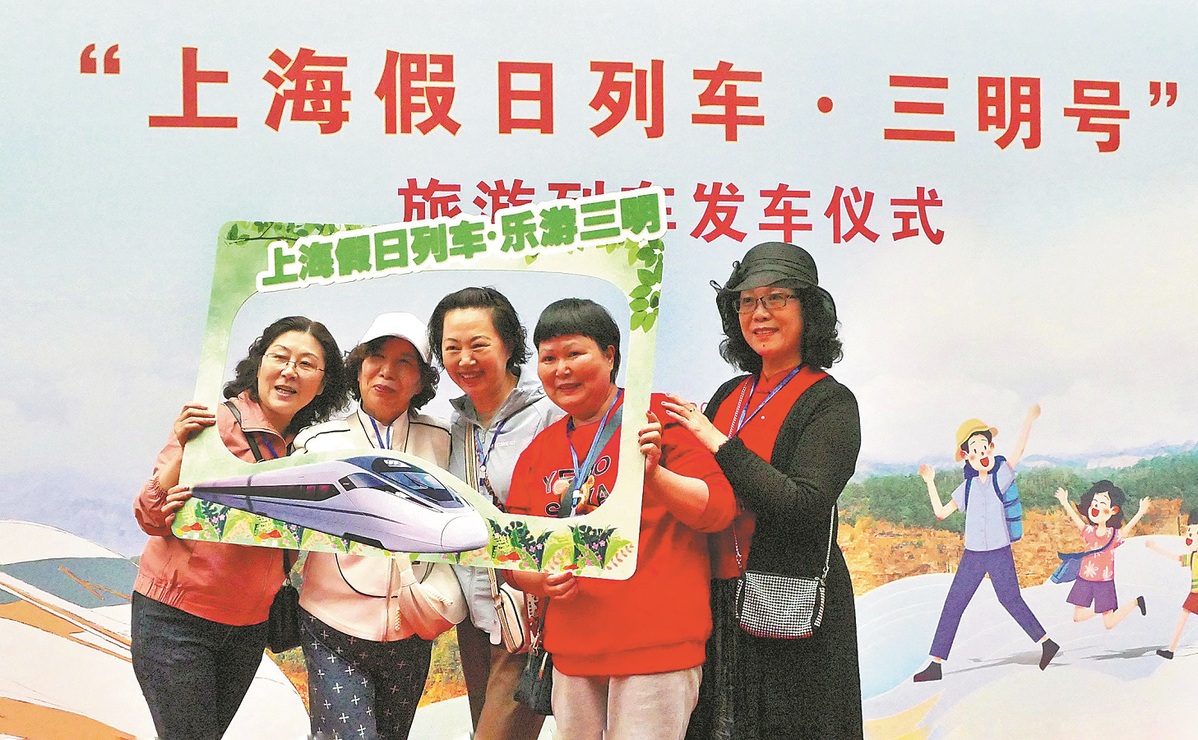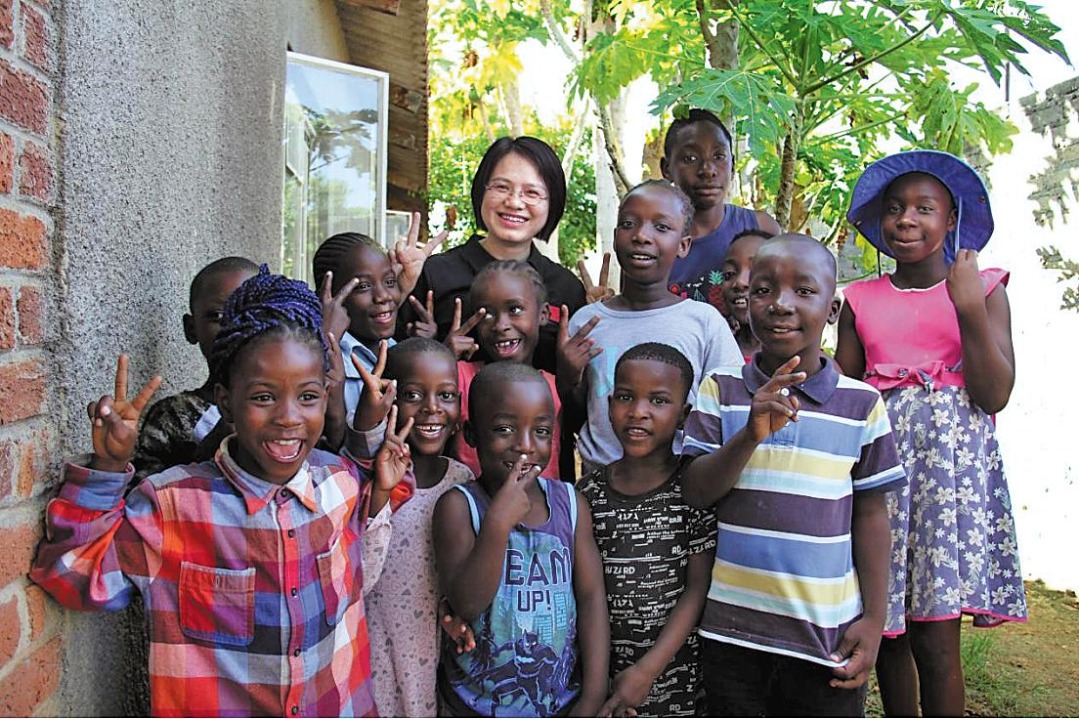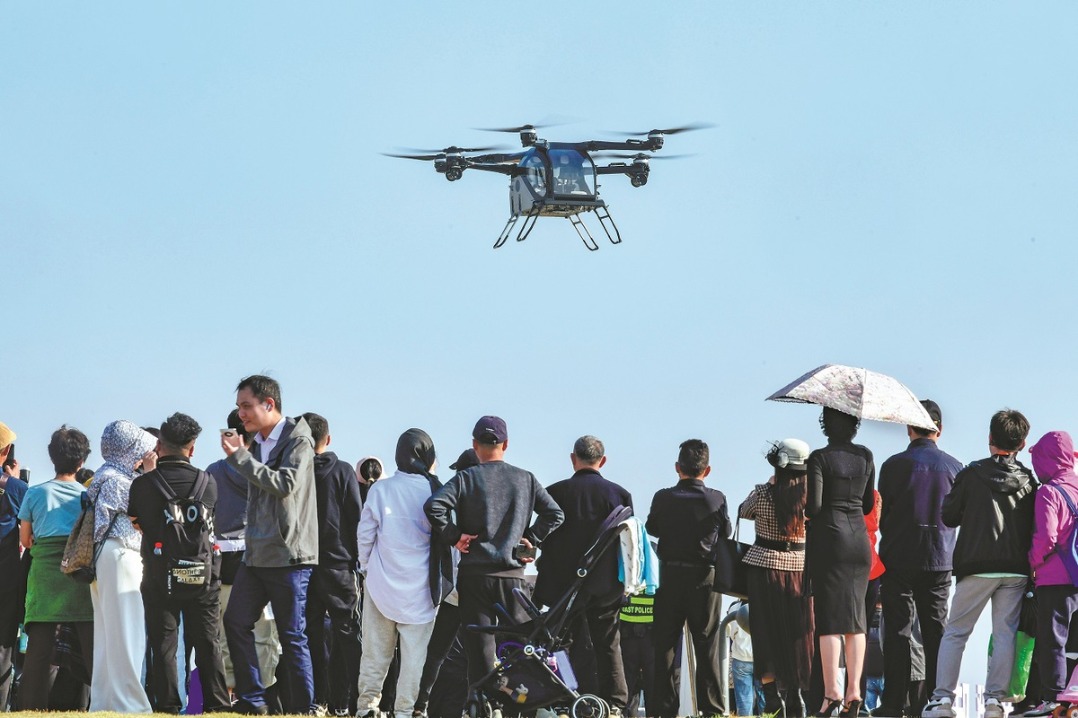'Silver economy' shows promising potential
As nation's society gets older, new markets, business opportunities are opening up


Liu Qingfeng, chairman of iFlytek and a deputy to the NPC, the country's legislative body, showcased the application scenario of an AI elderly care assistant during the two sessions. When the smart bracelet of a 90-year-old elderly person living alone detects an abnormal heart rate, the system immediately alerts a community doctor to visit. The AI voice assistant can also chat with the elderly person, remind him to take medication and even simulate the voice of a deceased loved one to narrate stories about old photos.
In Liu's view, the current AI technology can to some extent meet the diverse medical and health service needs of the elderly. However, there are still many obstacles in its development process such as digital gap and inadequate service supply.
Liu suggested establishing a standard system for digital health services for the elderly and promoting the coverage of medical insurance for intelligent elderly care and rehabilitation services.
Wang Jianjun, a CPPCC National Committee member and former head of the China National Committee on Aging, called for strengthening national-level planning for the development of intelligent healthcare for the elderly, promoting the improvement of policies in the field of intelligent elderly care, focusing on the integration of intelligent devices such as wearable devices and service robots in elderly care service scenarios, enhancing product development and enabling technology to better serve the elderly.
"Some community-based elderly meal assistance projects have successfully achieved precise matching of supply and demand through intelligent information platforms, effectively solving the dining problems faced by elderly people during home-based elderly care," Wang said.
Dining was a prominent issue for elderly people living alone. Many elderly people "cook a meal at home and eat it for a day or two", while dining out poses practical problems such as high prices, unsuitable tastes and hygiene concerns.
Wang Shuhui, a CPPCC National Committee member and the general manager of Xi'an Good Breakfast Project Co, identified existing bottlenecks in elderly dining services. These challenges encompass supply and demand imbalances, institutional operations, service models and supportive policies.
"The pressing need to expedite the enhancement of an elderly care service system that aligns with the aging population process is increasingly evident," she said.
In light of this, Wang proposed the creation of a "elderly care service circle" by setting up elderly dining service centers and improving delivery services.
She said this initiative would operate under a "government-guided, enterprise-operated" framework. The government would establish community meal distribution centers through policy support, while businesses would operate associated convenience restaurants.























